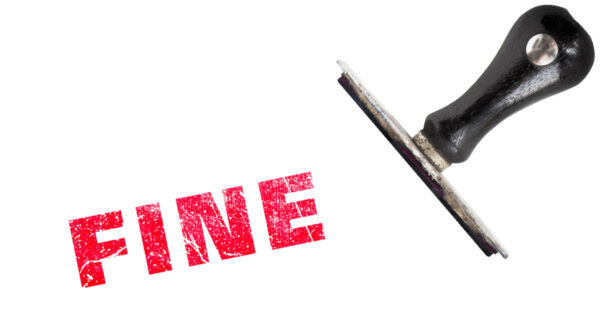ASIC to extend super auditor scrutiny

The Australian Securities and Investments Commission’s (ASIC’s) latest REP 816 on the financial reporting and auditing of superannuation funds has managed to traverse some of the issues surrounding unlisted investments, sponsorships and marketing and the collapse of Shield and First Guardian.
And it is the auditors who have emerged from the exercise with little credit with ASIC finding that superannuation trustees and auditor should be doing more.
What is more, ASIC has made clear that the negative findings contained in REP 816 justifies a second audit surveillance program in the current financial year.
“From our review of audit files, we are of the view that auditors are not doing enough to obtain sufficient audit evidence that provides reasonable assurance about investment valuations in the RSE financial reports,” the report said.
“We found that given the size of RSEs, auditors adopted high levels of materiality which can result in less audit work being undertaken,” it said.
“Auditors also did not adequately challenge the valuations provided by external fund managers. This could undermine member confidence in the accuracy of financial information about their superannuation fund,” the report said.
The report should not only be viewed in the context of the billions of dollars of unlisted investments on the part of major superannuation funds, but also in the context of the reported failure of audit processes to identify the lack of substance concerning the Shield and First Guardian funds.
The ASIC report contains a “call to action” from the regulator:
- Superannuation trustees should do more to ensure that valuations provided by external fund managers are reliable.
- Superannuation trustees should ensure their fair value disclosures are sufficient to enable members to understand the nature of the investments and assess the reliability of valuations.
- Superannuation trustees should consider disclosing more information about expenses in the RSEs’ financial reports where that information would be important to members.
- RSE auditors should do more to obtain sufficient audit evidence about investment valuations.
- RSE auditors should consider whether they should apply lower levels of materiality when conducting their RSE audits.
Looking at the valuation of investments by superannuation funds, the ASIC report took issue with the valuation processes being used, and suggested that to obtain a fair valuation of indirectly held investments, RSEs should not unduly rely on redemption prices if:
- the redemption price was last updated before the balance date and may not reflect the current fair value
- there are indicators of impairment of the underlying asset that may impact the redemption price, or
- the redemption price is otherwise not reliable — for example because it is calculated very infrequently or redemptions have been restricted.
RSEs should:
- understand the nature of indirectly held investments, the underlying assets and the valuation methods used to determine their fair value
- critically assess all indicators of impairment (e.g. frozen unit redemptions) and write down investments when required at the balance date, and
- where there are indicators of impairment or the redemption price is otherwise unreliable, carefully assess the fair valuation methodologies, inputs, judgements and assumptions involved in calculating the fair value of the underlying assets.
On the always controversial issue of what superannuation funds spend on sponsorships and marketing, the report makes clear that just because the actual expenditures are not large, they should not be overlooked.
“Sponsorship and advertising expenses are typically not quantitatively material as the amounts are small compared to other items in an RSE’s financial report. Some RSEs included disclosure of sponsorship and advertising expenses in the notes of their financial reports, while others did not,” it said.
“As a result of our inquiries, one RSE agreed to disclose sponsorship and advertising expenses ($19 million in 2024) in its next financial report to enhance transparency.”
“RSEs must disclose all material expenses that may be important for users of the financial report. They should carefully consider whether sponsorship and advertising expenses should be separately disclosed instead of being aggregated with other expenses.
“Disclosure of sponsorship and advertising expenses may be qualitatively material to members, even when the amounts are not quantitatively material. It can also enhance transparency.”











ASIC spend 20 years in the Industry Super Funds sporting boxes, wined & dined at ISFs members expense and as usual are decades too late to even look to act.
Industry Super Funds unlisted asset valuations have been known to be dodgy for decades and ASIC finally starts a look but still actually does NOTHING.
How many years have people been saying on here that unlisted asset valuations are highly problematic?
Why should the accumulators of Australia pay $1.30 for something worth $1.00?
Where’s the class action?